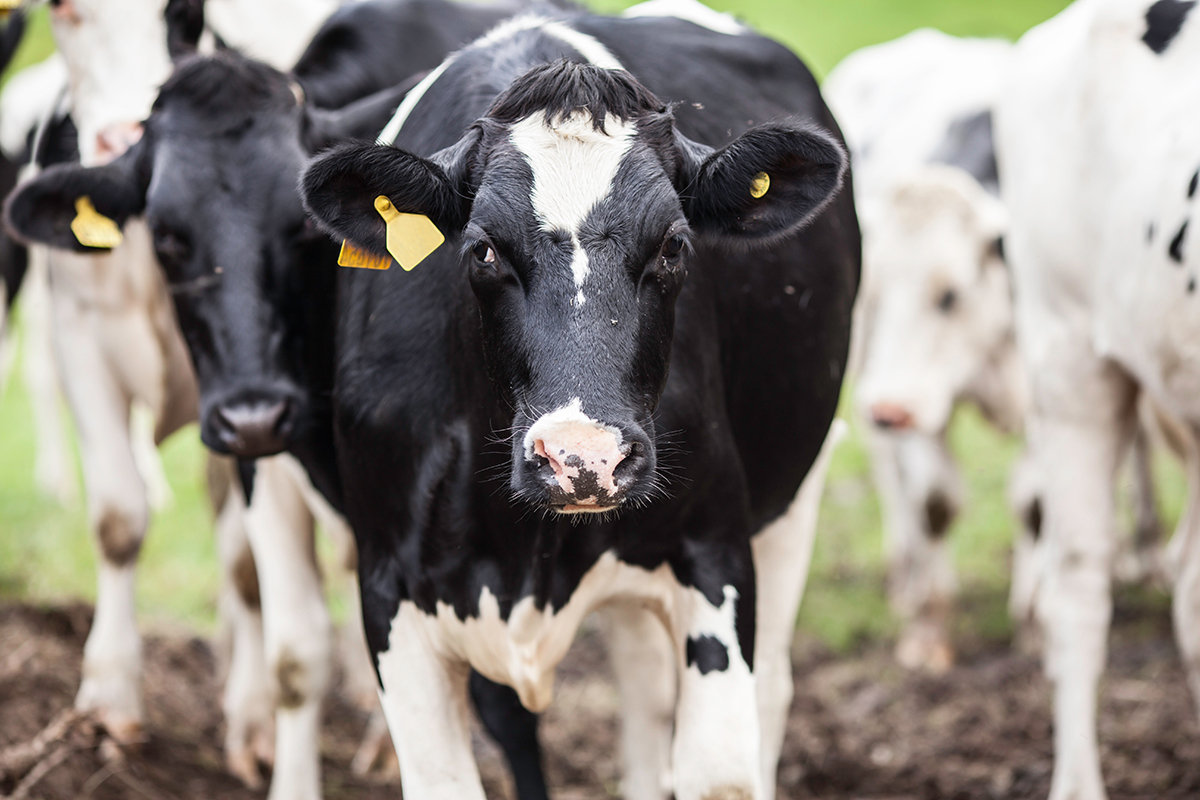BC dairy farmers are being advised to stay alert for highly pathogenic avian influenza, which has infected dairy herds in eight US states.
“I don’t want to put too much emphasis on that and alarm anyone without real reasons,” BC Dairy Association chair Casey Pruim told producers attending their spring meeting online on April 12. “There is no reported cases in Canada at this time, and we continue to monitor the situation.”
While skunks and a fox are known to have contracted the virus in the province, larger mammals have so far been unaffected. Pruim hopes things stay that way.
With cases in states from Texas north to Idaho and east to North Carolina, where the disease was reported last week, Pruim encouraged producers to review their biosecurity practices.
“If they’ve slipped a bit, spend a little time reviewing them and get things back in order,” he said. “If you see any signs, contact your vet.”
Besides the clinical symptoms of illness, cows experience reduced production, and milk from affected cows has a thicker consistency.
Pruim advised farmers to minimize contact between cattle and wild birds. Tightening controls on human visitors is also advised to prevent the introduction of infected material.
Given the high concentration of poultry and dairy farms in the Lower Mainland, an outbreak of avian influenza among dairy herds would substantially increase the risk to local agriculture.
Currently, the virus is recognized as circulating among migrating waterfowl, but has shown signs of becoming endemic in local bird populations.
A webinar in December flagged the importance of strong biosecurity among poultry operations, which remain at a red biosecurity level.
The webinar included information on the protocols that would play out if an infected premises included two adjacent barns, one infected and the other not, with shared staff.
The information remains relevant as the disease risks spreading into new species.
The uninfected barn would not necessarily be considered exposed if strong biosecurity protocols were followed, including documented disinfection of staff and equipment, Canadian Food Inspection Agency vet Mandy Emery told the December webinar.
“It’s not automatic just because you share personnel that it would be considered a high-risk contact,” she said. “It’s if people go directly from this barn into that barn without significant mitigating measures in place that we would consider it to be a high-risk contact.”


 Peace producers break ground
Peace producers break ground